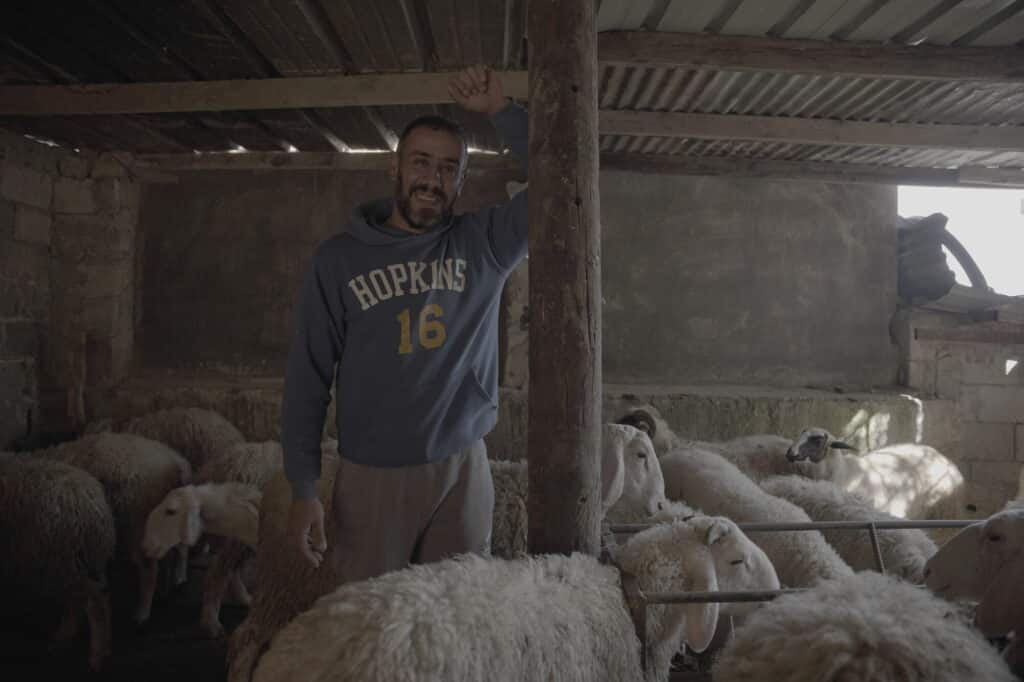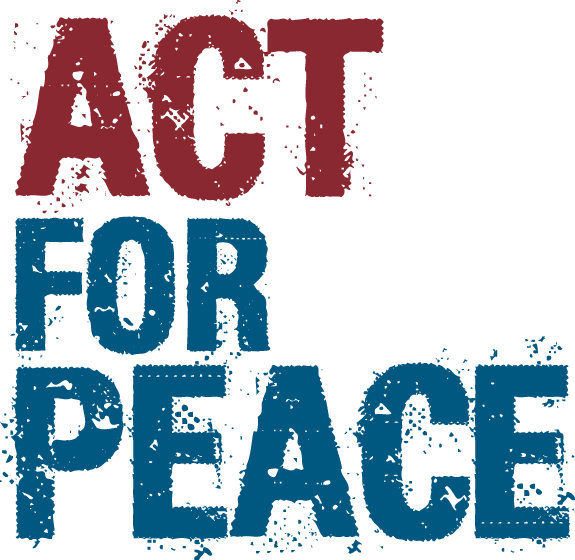According to Special Adviser on Solutions to Internal Displacement to the United Nation’s Secretary-General, Robert Piper, the continuing rise of conflict around the world is forcing even more millions of people to flee their homes and making it harder for others, already displaced, to find solutions**.
He says the only way forward is to make displaced people more visible and solutions more effective. As a humanitarian agency working to improve the lives of people who have been displaced – both internally and as refugees – Act for Peace is committed to ensuring the people we support are not just the ‘recipients’ of humanitarian aid but are ‘leading’ the programs designed to help them.

“The first thing I did was save money and pay off all my debts, and now I’m debt free.”
Ali*, a refugee in Jordan, explains how a locally led program has transformed his life.
As a humanitarian agency working to improve the lives of people who have been displaced – both internally and as refugees – Act for Peace is committed to ensuring the people we support are not just the ‘recipients’ of humanitarian aid but are ‘leading’ the programs designed to help them.
Empowering refugees and people who have been displaced through projects where they take the lead in developing the solutions that impact them, is key to transforming the system from providing short-term relief to long-term solutions.
James Thomson, Act for Peace’s Senior Policy and Protection Advisor, says the only way to ensure that change is sustainable is to work collaboratively with people who are displaced.
Transforming the system
“No situation is the same. There’s no one-size fits all solution. We have to work with refugees to develop home grown, grass roots approaches that create space for refugees to lead, and co-develop solutions that work for them,”
~ James Thomson, Act for Peace’s Senior Policy and Protection Advisor.
“We need to take a rights-based approach where we recognise refugees as rights holders, not just objects of charity. We should respect their agency, their dignity, their capacity to contribute, and their right to participate in decisions being made about them.”
According to James, refugees themselves are best placed to assess their own needs. Plus, outcomes are greater when people who have been displaced are empowered to lead their own solutions.
When refugees are actively engaged in helping their own communities, there’s enormous benefit. Self-esteem improves and community bonds once fractured by displacement are reformed. Displaced communities become better organised and more resilient and able to adapt and address future challenges, James says.
The outcomes are greater when people who have been displaced are empowered to lead their own solutions.”
~ James Thomson, Act for Peace’s Senior Policy and Protection Advisor.
Empowering refugees and helping communities organise and advocate is essential. They become more self-reliant, and solutions are more sustainable, cost efficient and effective.
While a refugee-led approach may not be a quick-fix solution, Act for Peace firmly believes it’s the best way to address the unprecedented displacement crisis our world is facing.
Focusing on long-term solutions where displaced people are empowered to lead the change in their own lives and communities is the way forward.
